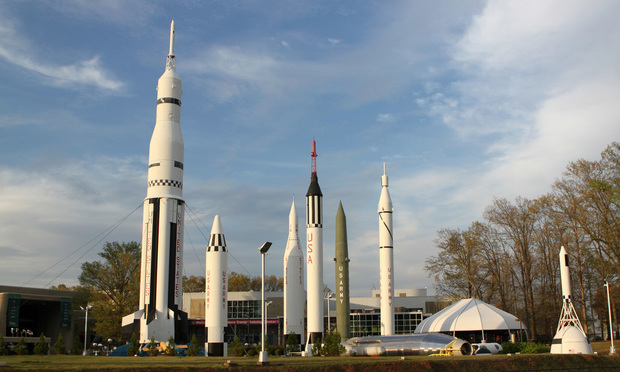Want to continue reading?
Become an ALM Digital Reader for Free!
Benefits of a Digital Membership to 
- Access to the entire ALM network of websites
- Free access to 1 article* every 30 days across most paid subscription brands
- Build custom alerts on any search topic of your choosing
- Free access to practice advisories from top law firms
- Search by a wide range of topics
Already have an account? Sign In Now
*May exclude premium content





